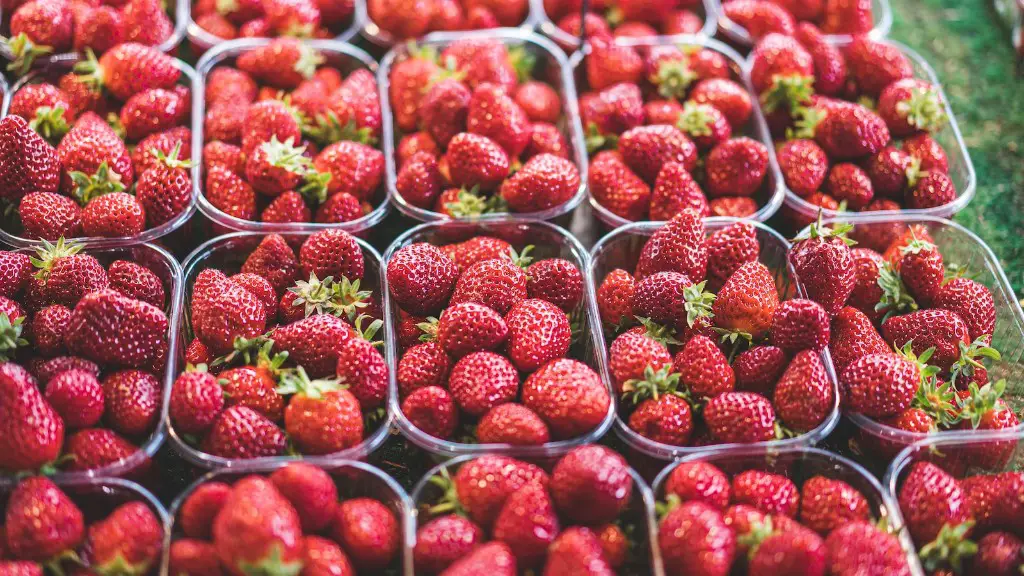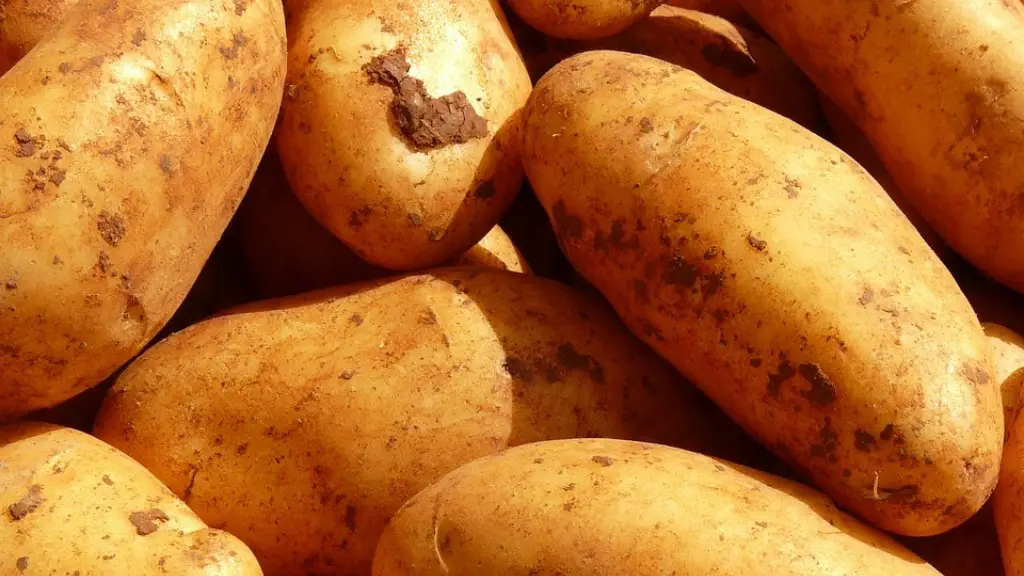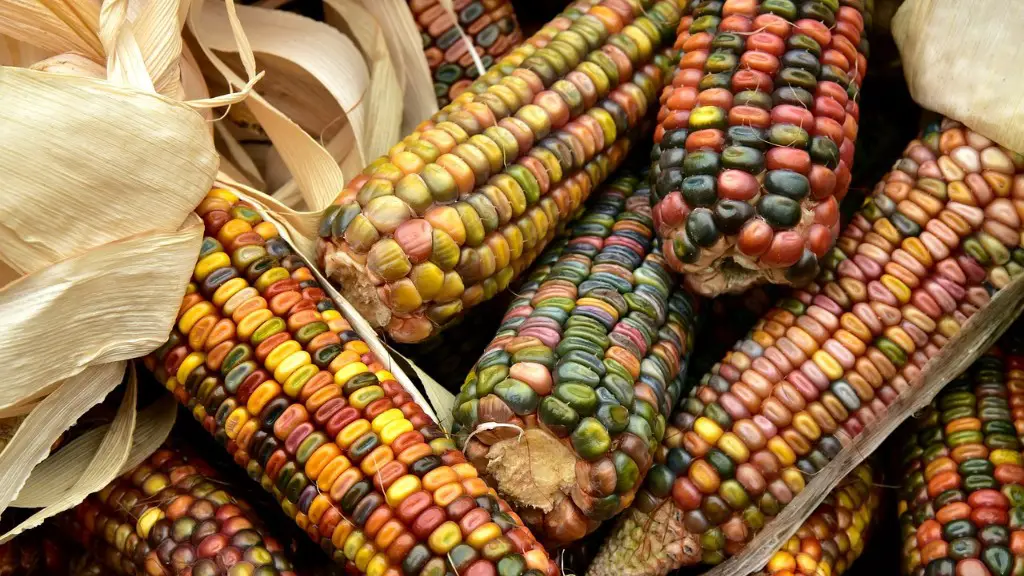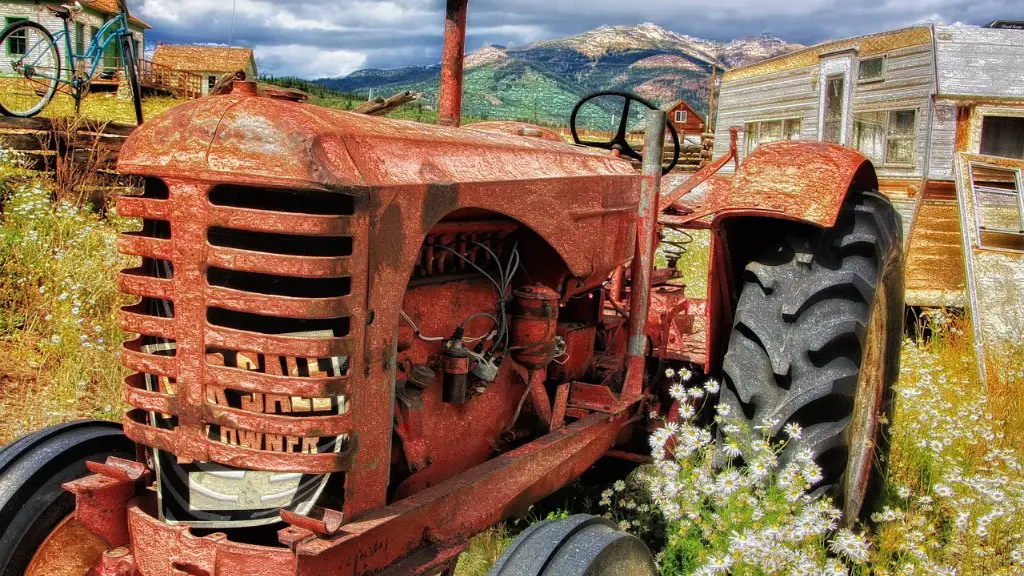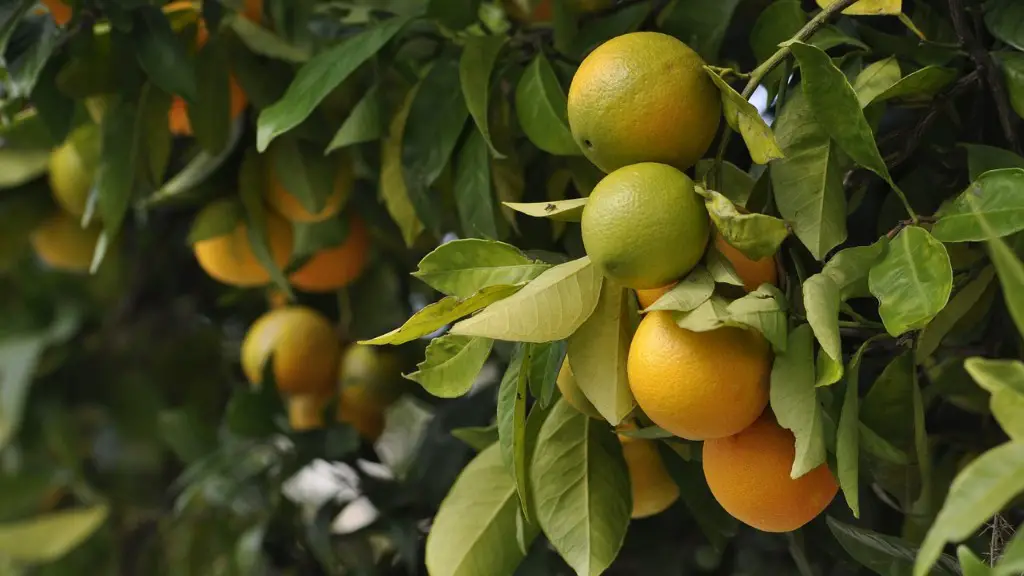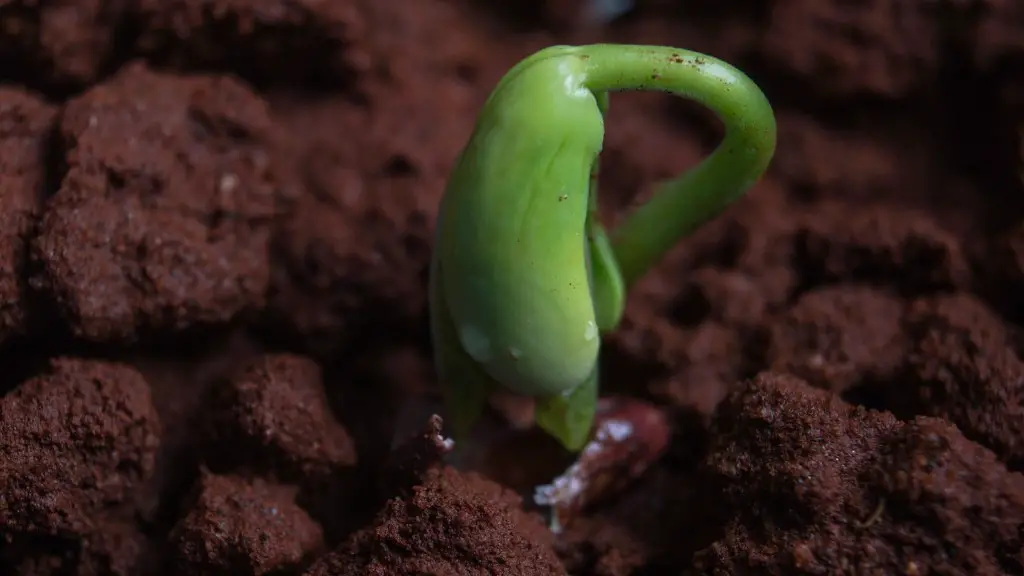Livestock are a vital part of global agricultural production, and are widely considered to be part of agriculture. Livestock production, which includes dairy and cattle farming, is a cornerstone of food production in many developed and developing countries. Livestock provides a wide array of goods and services, from food and fiber to bioenergy, and is an essential part of traditional and modern agricultural systems. The global livestock sector provides over 18% of the world’s total calorie intake, and contributes significantly to global economic activity.
Livestock are central to many diets and cultural practices around the world. Many people also depend on livestock as a source of food, fiber, and labor. Livestock plays a significant role in the livelihood strategies of many poor households in developing countries. In some areas, livestock plays an important role in cultural rituals, such as weddings or religious festivals.
Livestock plays an important role in sustainable agriculture. Animals can convert plant materials, such as grass and scraps, that humans can’t digest into edible food and other useful products. Animals provide manure, which can act as a natural fertilizer, enriching the quality of the soil and encouraging crop growth. Manure also releases more carbon dioxide into the atmosphere than do crop residues, helping to reduce greenhouse gas emissions.
Livestock can also aid in the conservation of natural resources by grazing the land. Grazing animals can be used to control weeds, reduce the risk of fires, and prevent soil erosion. In some areas, intensive livestock management, such as livestock grazing and pasture improvement, can even help restore an area’s ecology and biodiversity.
Livestock production, however, does come with environmental costs. Intensive livestock farming can lead to water and air pollution, soil depletion, and greenhouse gas emissions. In addition, deforestation, clearance of natural habitat, and overgrazing can significantly reduce the carrying capacity of a given agricultural area.
Despite the environmental costs associated with livestock production, it is widely considered to be a part of agriculture. Livestock production is essential for food and nutritional security, economic development, job creation, and income generation, provided that it is well-managed. Sustainable livestock systems and practices are essential in order to ensure that livestock production will contribute positively to society in the long term.
In order to ensure that the production of livestock is sustainable, there must be appropriate management of animal health, nutrition, and the environment. As with all agriculture, good stewardship practices should be employed to ensure that livestock production is responsible, efficient, and sustainable.
Managing Livestock Health
Proper management of livestock health is essential in order to ensure that the animals are healthy and productive. This includes regular vaccinations and routine health checks, as well as regular deworming and parasite control. Animals should have adequate shelter and feed, and there should be a comprehensive system in place to identify and respond to animal health problems in a timely manner.
Good management can also help to prevent the spread of diseases, as well as reduce the risk of animal predators. Livestock should be monitored for signs of disease or distress, and any issues should be addressed swiftly. Furthermore, an accurate record-keeping system should be in place in order to monitor the health of the herd.
Regular veterinary assessments and effective biosecurity protocols should also be in place in order to minimize the risk of zoonotic disease transmission. All livestock should be properly identified and movements tracked, and all animals should be treated humanely.
Managing Livestock Nutrition
Nutrition is an essential component of livestock production, and good nutrition leads to healthy and productive animals. Animals should be given a balanced diet that meets their needs, and feed rations should be adjusted according to their age, weight, and activity level. Livestock should be provided with sufficient water, and the water should be clean and free of contaminants.
Feed supplements, such as minerals or vitamins, should also be provided if necessary, and any changes to the ration or diet should be made gradually in order to avoid any health or nutritional problems. In addition, pasture management is essential in order to ensure that the animals are able to access suitable forage.
Good nutritional management can lead to improved animal health and productivity, as well as lower mortality rates and reduced costs associated with feed and medicine. Furthermore, good management helps to reduce environmental impacts, as fewer inputs are used and waste is minimized.
Managing Livestock Environment
Management of the environment is essential in order to ensure that livestock production is sustainable. Good environmental management includes soil conservation, water management, and waste management. Nutrient and water inputs should be managed in order to minimize the risk of pollution, and waste should be managed efficiently in order to reduce its environmental impacts.
Animals should also be provided with adequate shelter in order to protect them from the elements. Shelter should be well-ventilated, comfortable, and protected from predators. In addition, good pasture management is essential in order to ensure that the animals have a healthy and productive environment.
Good environmental management can lead to increased productivity and improved animal health, as well as reduced greenhouse gas emissions and water pollution. Furthermore, it helps to ensure that livestock production is sustainable and that all stakeholders benefit.
Managing Animal Welfare
The welfare of animals is an essential component of livestock production, and appropriate management is essential in order to ensure that the animals are healthy and productive. This includes providing suitable food and shelter, and minimizing the risk of stress and disease. Animals should be treated humanely, handled with care, and given space to move and exercise.
Good management also helps to reduce the risk of animal predators, through the use of secure perimeter fences and appropriate browsing management. In order to minimize the risk of disease, animals should be provided with clean and adequate water, and livestock should be regularly monitored for signs of illness or distress.
Good animal welfare management helps to minimize animal mortality and promotes the production of healthy animals. Furthermore, good management ensures that animals are treated humanely, and reduces the number and intensity of painful procedures that may be necessary.
Managing Livestock Production
Management of the entire livestock production system is essential in order to ensure that it is sustainable. This includes ensuring that animals are well cared for, that producers have access to the resources they need to manage their herds, and that the financial aspects of the production system are sustainable.
Managing livestock production requires the integration of multiple disciplines, from animal husbandry and nutrition, to environmental management and animal welfare. Furthermore, producers must ensure that they are compliant with applicable laws and that they adhere to good stewardship practices.
Proper management of livestock production helps to ensure that the system is sustainable and that producers are able to continue to provide quality products in a manner that is responsible and ethical. Furthermore, good management can help to maximize the efficiency of the production system and reduce production costs.
Conclusion
Livestock plays an important role in global agricultural production, and is widely considered to be part of agriculture. In order to ensure that the production of livestock is sustainable, appropriate management of animal health, nutrition, and environment must be employed, as well as management of the entire livestock production system. Proper management of livestock production can lead to increased productivity and improved animal health, as well as reduce production costs and environmental impacts.
